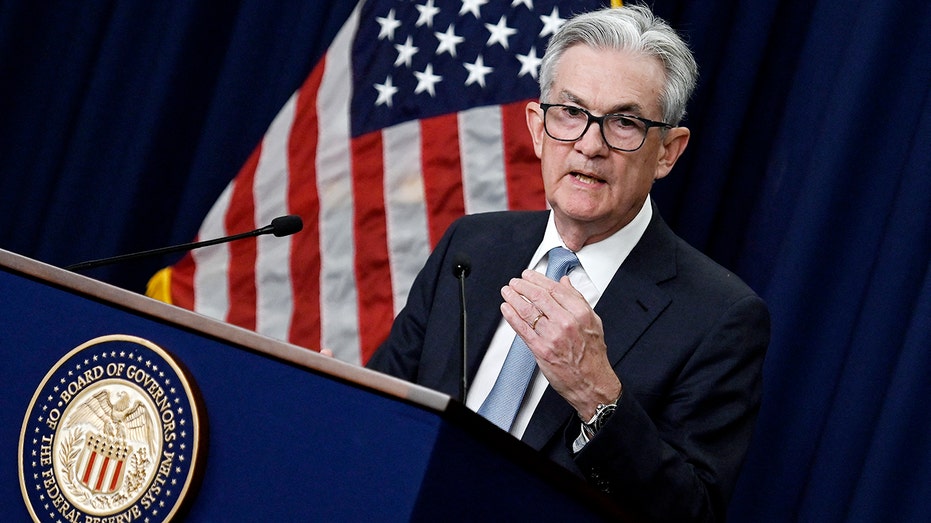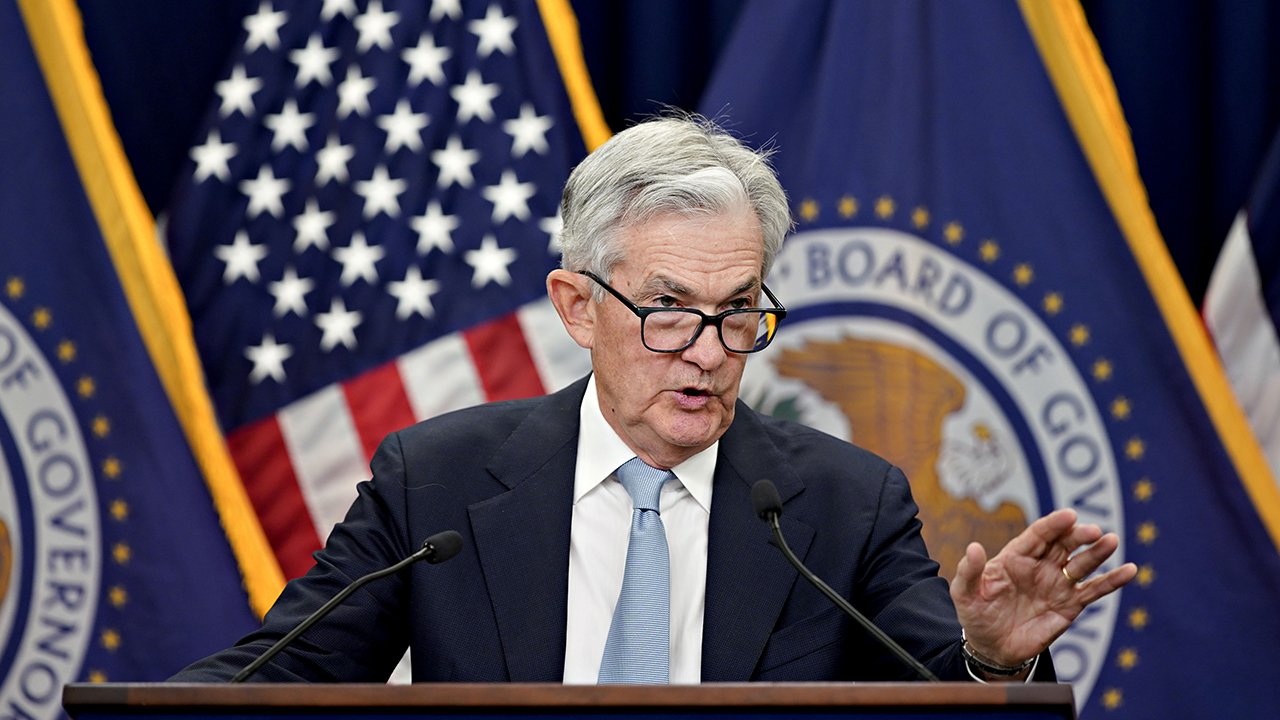Fed's Powell says the 'time is coming' to cut interest rates
Fed's Powell pours cold water on March rate cut
Swonk: Powell is trying to avoid making the Fed’s cardinal mistake
FOMC doesn’t want to drop rates and then be forced to raise them again.
Federal Reserve Chair Jerome Powell said the U.S. central bank remains on track to cut interest rates later this year so long as inflation continues to fall.
In an interview with CBS' "60 Minutes" that aired Sunday night, Powell said Fed officials are trying to balance the risks between cutting interest rates too soon, which risks setting off inflation again, or waiting too long to cut rates, which could weigh on the economy and possibly trigger a recession.
"There is no easy, simple, obvious path," Powell said. "We have to balance the risk of moving too soon or too late. And there are different risks. We think the economy's in a good place. We think inflation is coming down. We just want to gain a little more confidence that it's coming down in a sustainable way toward our 2% goal."
FED HOLDS INTEREST RATES STEADY, SIGNALS IT IS NOT READY TO START REDUCING RATES

Federal Reserve Chair Jerome Powell speaks during a news conference on interest rates, the economy and monetary policy actions, at the Federal Reserve Building in Washington, D.C., on June 15, 2022. (Photo by OLIVIER DOULIERY/AFP via Getty Images / Getty Images)
The Federal Open Market Committee voted to hold rates steady for the fourth straight meeting at a range of 5.25% to 5.5%, the highest level in 22 years. Although policymakers also cracked open the door to reducing rates this year, Powell told reporters during the post-meeting press conference that a March cut was unlikely.
The Fed chief reiterated that message on Sunday, saying that the "time is coming" to trim rates, but "it's not likely that this committee will reach that level of confidence in time for the March meeting, which is in seven weeks."
Most investors now expect the Fed to begin rate cuts in May or June.
While inflation has cooled considerably in recent months, it remains up 3.4% compared to the same time a year ago, according to the most recent Labor Department data.
FED'S FIGHT AGAINST INFLATION IS WEIGHING ON MIDDLE-CLASS AMERICANS
Policymakers have raised interest rates sharply over the past two years, approving 11 rate increases in the hopes of crushing inflation and cooling the economy. In the span of just 16 months, interest rates surged from near zero to above 5%, the fastest pace of tightening since the 1980s.
Hiking interest rates tends to create higher rates on consumer and business loans, which then slows the economy by forcing employers to cut back on spending. Higher rates have helped push the average rate on 30-year mortgages above 8% for the first time in decades. Borrowing costs for everything from home equity lines of credit, auto loans and credit cards have also spiked.
GET FOX BUSINESS ON THE GO BY CLICKING HERE
| Ticker | Security | Last | Change | Change % |
|---|---|---|---|---|
| I:DJI | DOW JONES AVERAGES | 50115.67 | +1,206.95 | +2.47% |
| I:COMP | NASDAQ COMPOSITE INDEX | 23031.213218 | +490.63 | +2.18% |
| SP500 | S&P 500 | 6932.3 | +133.90 | +1.97% |
Yet the rapid rise in rates has not stopped consumers from spending or businesses from hiring.
The labor market is continuing to chug along at a healthy pace, with employers adding 353,000 new workers in January – nearly double what economists expected. Job openings remain high, and the unemployment rate is continuing to hover around 3.7%.
"We have a strong economy. Growth is going on a solid pace, the labor market is strong: 3.7% unemployment," Powell said. "With the economy strong like that, we feel can approach the question of when to begin to reduce interest rates carefully. We want to see more evidence that inflation is moving sustainably to 2%."





















